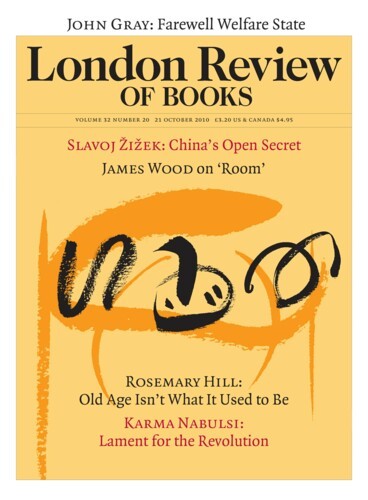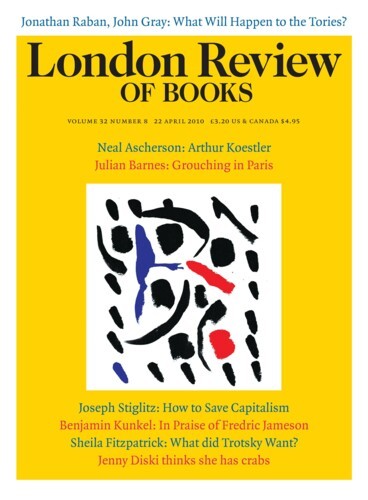Progressive, like the 1980s: Farewell Welfare State
John Gray, 21 October 2010
Though few anticipated the agreement, it is not difficult to understand why David Cameron and Nick Clegg should have made a bargain to share power. By forming a coalition Cameron secured protection from his mutinous right wing, while Clegg became the pivotal player in British politics. What is more surprising is the degree of unity the government has so far exhibited. In Britain we think of coalition government as non-ideological, formed from necessity and living by compromise. When the coalition came to power there were many who welcomed it as a refreshing departure from tribal politics. Others feared that a government made up of parties with such different histories and cultures would lack clear direction – decisions would be fudged, policies too cautious.





